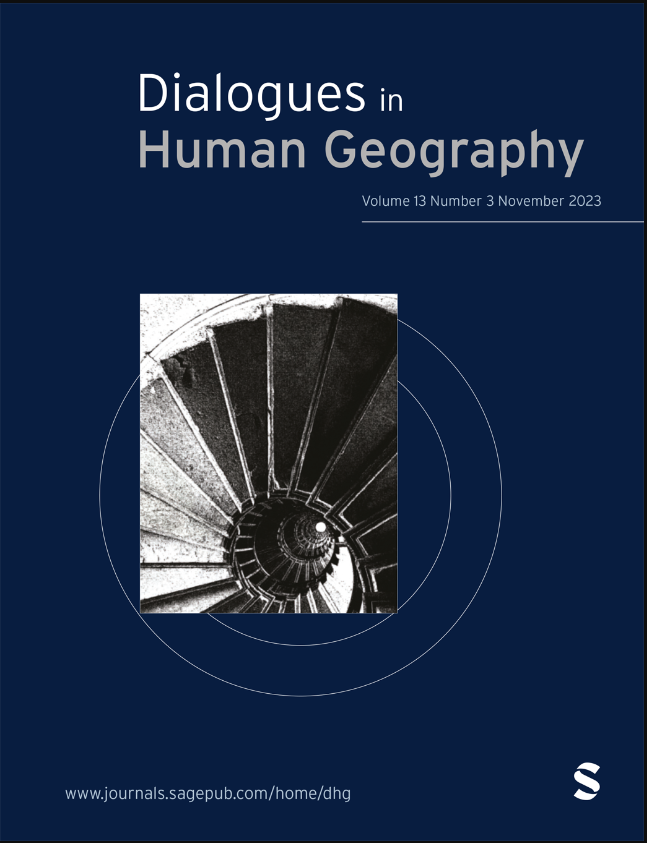印度智慧城市面临的城市非正规性挑战
IF 8.2
1区 社会学
Q1 GEOGRAPHY
引用次数: 0
摘要
印度的智慧城市计划将规划责任委托给作为公共部门公司的特殊目的机构 (SPV),以取代民选的市政府,这标志着城市治理明显转向公司化。本评论认为,从长远来看,SPV 驱动的智慧城市计划的非政治化方法可能会对非正规经济造成损害。市政政治一直是城市贫民协商城市诉求的有效平台,因为城市非正规经济与政治行为者之间存在着客户关系。在智慧城市中,这种谈判的空间已大大缩小,由精英联盟官僚和技术官僚主导规划决策。本文章由计算机程序翻译,如有差异,请以英文原文为准。
Challenges of urban informality in Indian smart cities
India's smart cities initiative signals a clear turn towards the corporatisation of urban governance by entrusting planning responsibilities to special purpose vehicles (SPV) constituted as public sector companies in place of elected municipal governments. This commentary argues that the depoliticised approach of the SPV-driven smart city plans could be detrimental to the informal economy in the long run. Municipal politics has been a useful platform for the urban poor to negotiate their claims over the city, as there is a clientelistic relationship between urban informality and political actors. The scope for such negotiations has considerably shrunk in smart cities, with elite coalition bureaucrats and technocrats steering planning decisions.
求助全文
通过发布文献求助,成功后即可免费获取论文全文。
去求助
来源期刊

Dialogues in Human Geography
GEOGRAPHY-
CiteScore
8.00
自引率
4.00%
发文量
86
期刊介绍:
Dialogues in Human Geography aims to foster open and critical debate on the philosophical, methodological, and pedagogical underpinnings of geographic thought and practice. The journal publishes articles, accompanied by responses, that critique current thinking and practice while charting future directions for geographic thought, empirical research, and pedagogy. Dialogues is theoretically oriented, forward-looking, and seeks to publish original and innovative work that expands the boundaries of geographical theory, practice, and pedagogy through a unique format of open peer commentary. This format encourages engaged dialogue. The journal's scope encompasses the broader agenda of human geography within the context of social sciences, humanities, and environmental sciences, as well as specific ideas, debates, and practices within disciplinary subfields. It is relevant and useful to those interested in all aspects of the discipline.
 求助内容:
求助内容: 应助结果提醒方式:
应助结果提醒方式:


